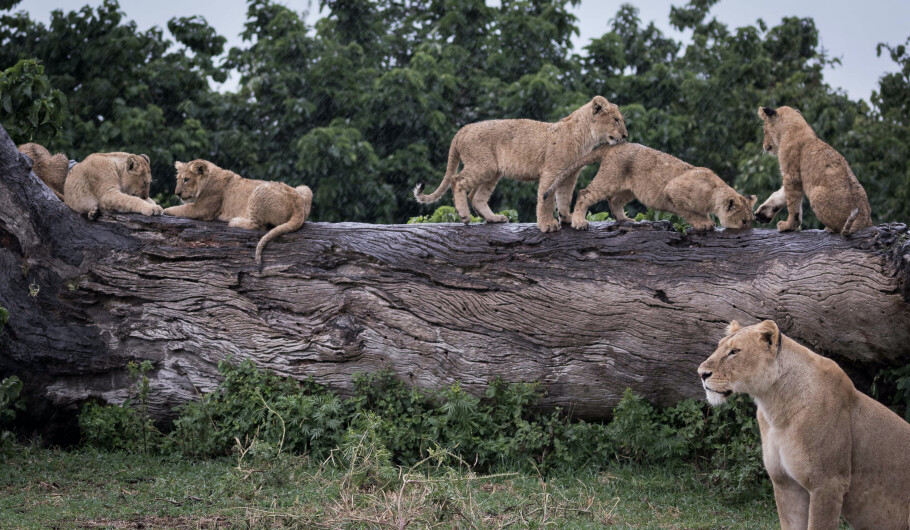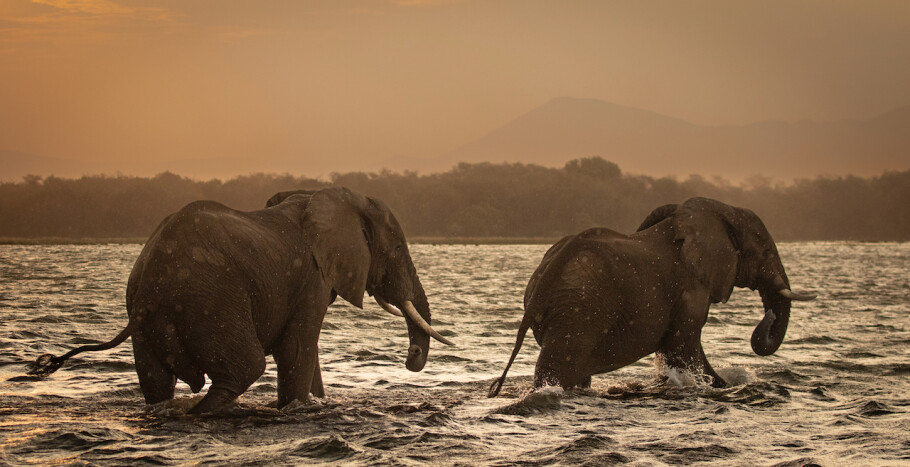The Wet Season
When you plan a safari, one of the first and most important things you need to think about is when to go. It might be the summer holidays for the children, it might be when you can get some time off, or when a particular wildlife spectacle is happening.
In African safari countries, being close to the equator, the weather is less about temperature and daylight and all about rain. Broadly, it’s dry for six months and wet for six months. May - October, November - April.

Common questions from folks looking at the wet season period are, “is it ok to go in the wet season,” or “will we be missing out if we go in the wet season,” or even, “is it bad to go in the west season.” It’s your first safari, it’s a lot of money, it might be your only safari. There’s a lot to get right. Throw in some FOMO, mix with the internet and a myth develops. Don’t go on safari in the wet season.
Kusini Safaris rejects this myth in the strongest terms. The wet season is a superb time to go on safari. The landscape is green and vibrant, the air is fresh and clean, the animals are fat and healthy. The green season, the emerald season are more accurate. The only thing to be avoided is the crowds, who have succumbed to the wet season myth and made your safari cheaper.
Ok you might have to work a little harder to see a lion. They can hide better and have to go further to find animals spreading out across a landscape with water everywhere. But you’ll have a lot of fun on the way and as long as you’re not in a rush (which is a big no no on safari), you will find one. A little rain, a little mud, warthogs having a mud bath, big adventure.
